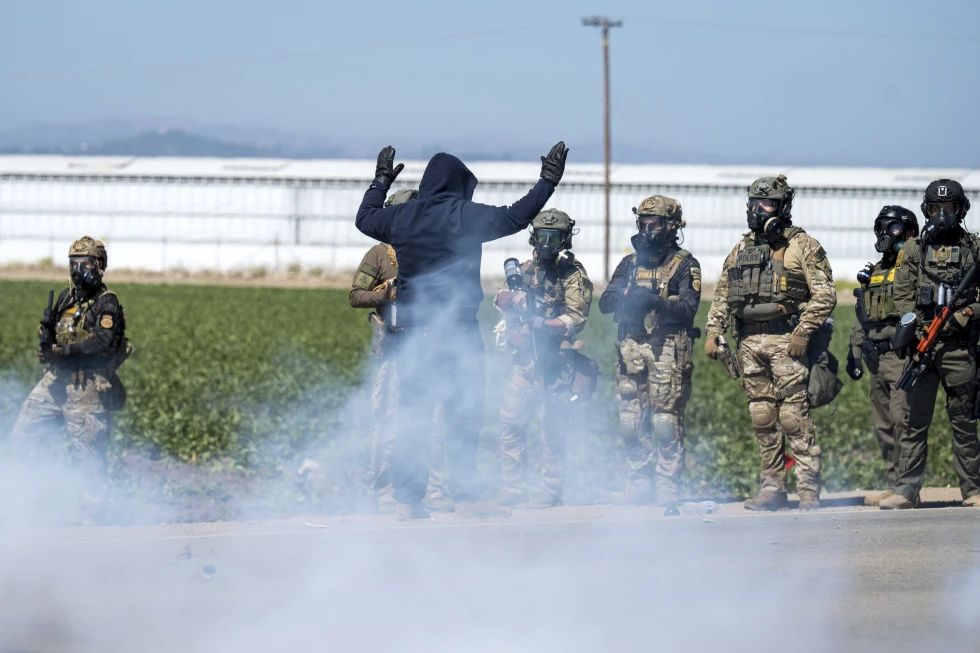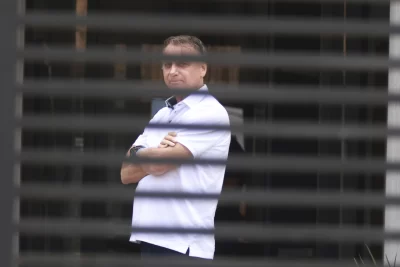
LOS ANGELES — There are thousands of illegal marijuana farms around the country. But when the federal government decided to stage one of its largest raids since President Donald Trump took office in January, it picked the biggest legal grower in California.
Nearly two weeks later, the reason for the federal raid at two Glass House farm sites northwest of Los Angeles remains unclear and has prompted speculation. Some say the raid was intended to send a chilling message to immigrants in the U.S. illegally — but also to rattle the state’s legal cannabis industry.
Meanwhile, the Republican Trump administration has been feuding with heavily Democratic California over funding for everything from high-speed rail construction to wildfire relief, so it’s also possible Glass House was pulled into a broader conflict between the White House and Sacramento.
“There are plenty of other places they can go to find illegal workers,” said political consultant Adam Spiker, who advises cannabis companies. “A lot of people believe there is a hint of politics in this. It’s federal enforcement coming into California to go after cannabis.”
What happened during the raids?
On July 10, U.S. Immigration and Customs Enforcement and Border Patrol agents executed a search warrant for Glass House’s farms in Carpinteria and Camarillo, court filings show.
At the Camarillo site, armored vehicles blocked the road, which is lined with fields and greenhouses, as masked agents deployed onto the property. One farmworker who fell from a greenhouse roof while running to hide later died from his injuries.
Outside the farm, officers faced off with demonstrators and fired tear gas to disperse them, a federal agent wrote in court filings. One demonstrator threw a gas canister back at Border Patrol officers, according to the agent. Another demonstrator, who is sought by the FBI, appeared to fire a gun.
More than 360 people were arrested, most suspected of being in the country without legal status. Those arrested included four U.S. citizens, including U.S. Army veteran George Retes, 25, who works as a security guard and was held for three days.
The operation came more than a month into an extended crackdown across Southern California that was originally centered in Los Angeles, where local officials say the federal actions are spreading fear in immigrant communities.
Why Glass House?
No cannabis was seized and the criminal search warrants used to enter the farm sites are under court seal. Authorities refused to share them with The Associated Press.
The government said the business was being investigated for potential child labor, human trafficking and other abuses. Agents found 14 children at one site. No information has been released about the minors.
The company has not been charged.
Federal and state laws allow children as young as 12 to work in agriculture under certain conditions, though no one under age 21 is allowed to work in the cannabis industry.
Company officials did not respond to calls or emails. In a brief statement on the social platform X, Glass House said it complied with immigration and naturalization warrants and “has never knowingly violated applicable hiring practices and does not and has never employed minors.”




